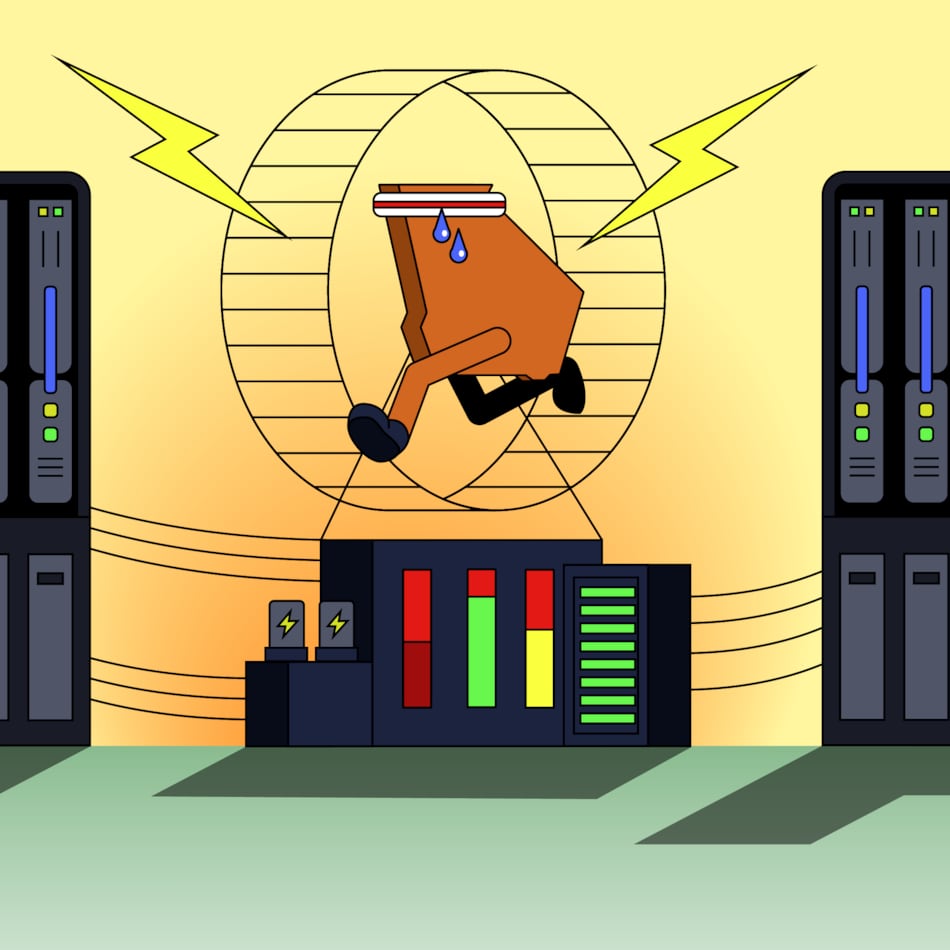Citing a desire to respect religious and/or cultural beliefs, an Oregon elementary school has banned Halloween costumes during the school day this year, KPTV reported.
Scholls Heights Elementary in Beaverton sent an email Wednesday afternoon to parents that explained the school’s decision to prohibit children from dressing up in costumes until they leave the school building.
Principal Monique Singleton wrote in the email that the decision was made after “we heard appreciation and support from many families last year when we canceled the Costume Parade because they finally felt their religious and/or cultural beliefs were welcome and being respected. Some shared that in prior years they had opted to keep their child home rather than their child be teased or made to feel uncomfortable for having to choose between their family's beliefs and the school's activities during the school day.”
Another reason was because “teachers overwhelmingly feel that the time lost from instruction caused by costumes is too valuable when they already do many other community-building activities throughout their classrooms.”
Parents like Nicole Lewis said children look forward to the yearly tradition and it's not fair it's being taken away.
"It's important for the kids to stay motivated and have some fun things to look forward to, and just to have them, you know, be able to let loose a little,” Lewis told KPTV. “I think really Halloween is about promoting imagination and creativity and having a little fun, and I just don't think there's anything wrong with that.”
Instead of allowing costumes, Scholls Heights Elementary will stage a “Crazy Sock Day” on Halloween, KPTV reported.
About the Author
Keep Reading
The Latest
Featured
